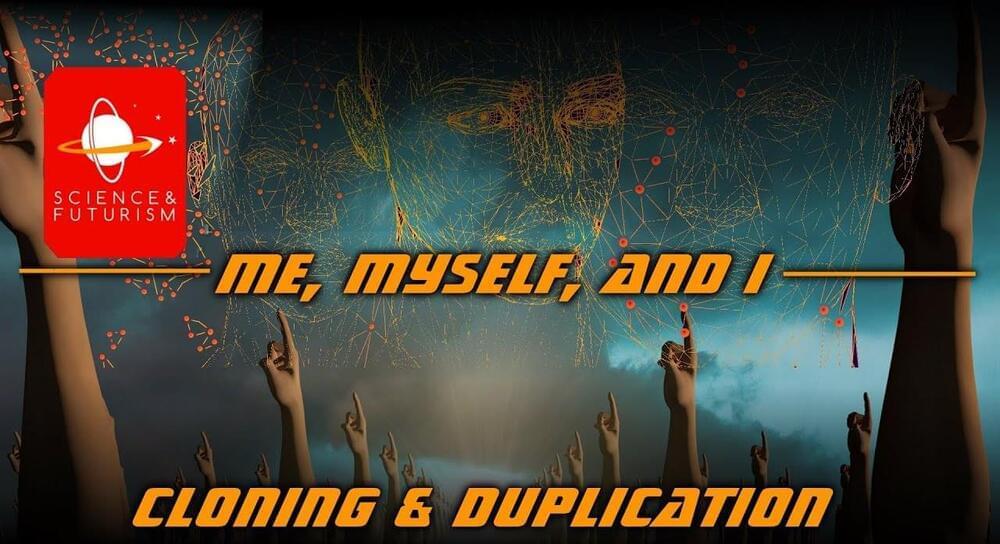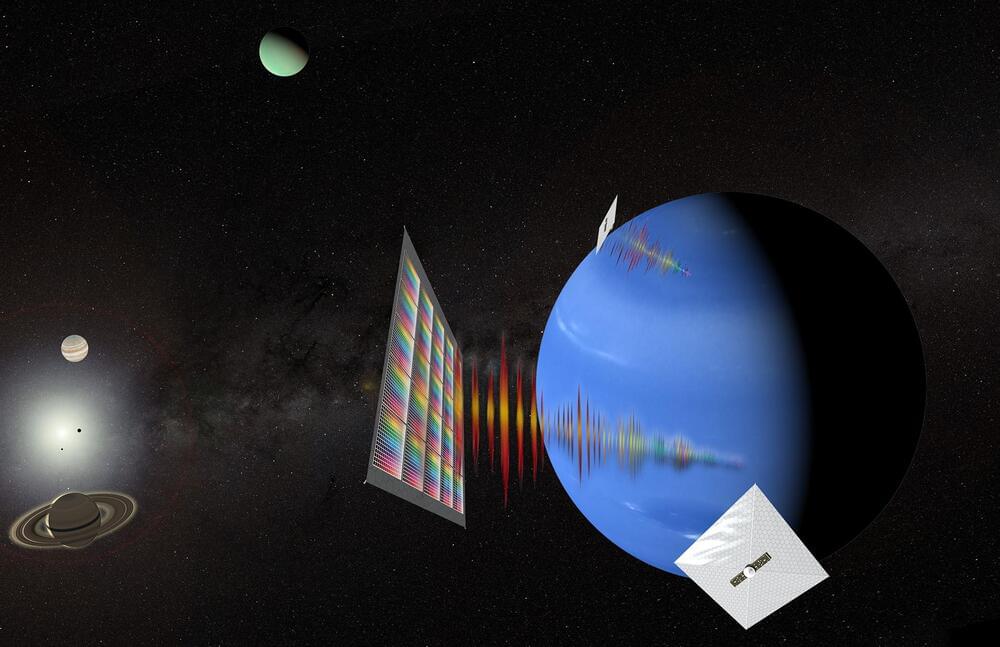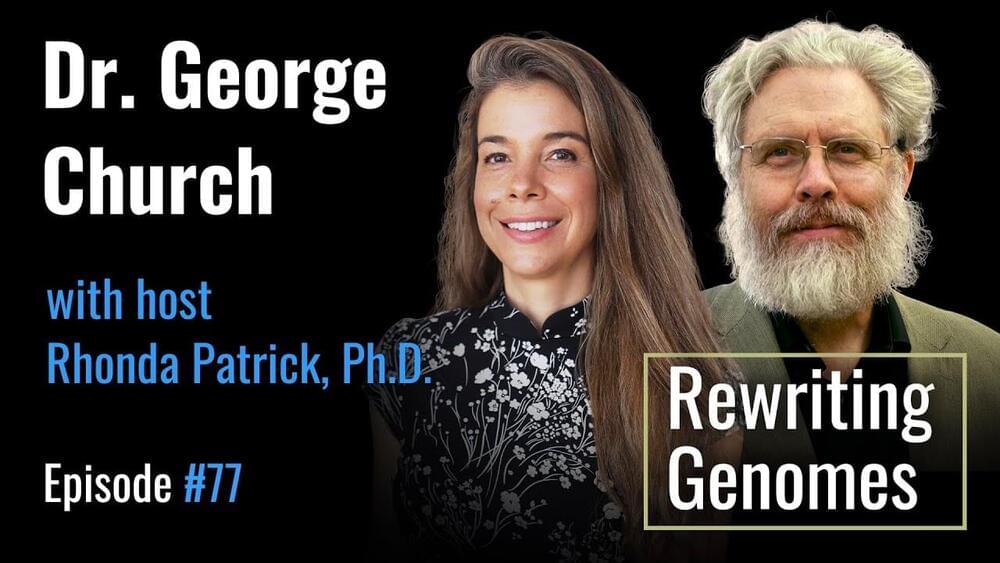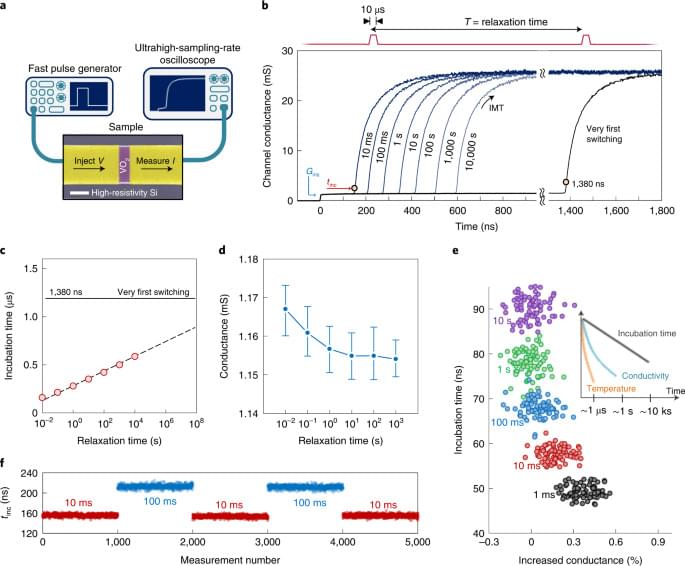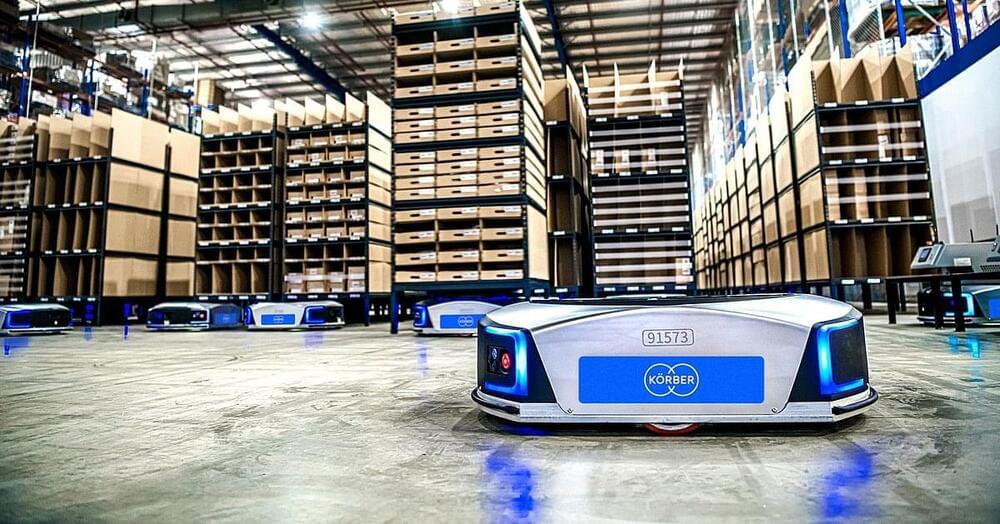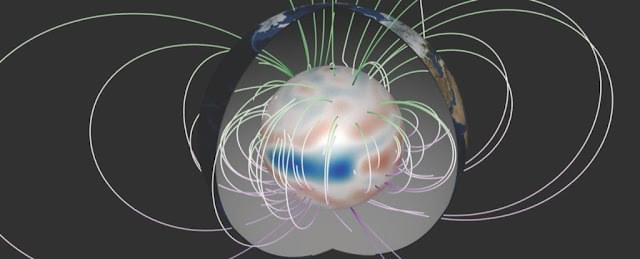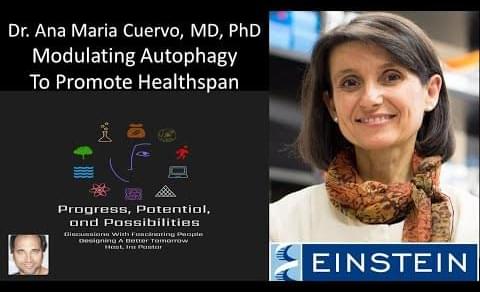Aug 24, 2022
Cloning & Duplication: Me, Myself, and I
Posted by Dan Breeden in categories: biotech/medical, law
Start listening with a 30-day Audible trial and your first audiobook plus two Audible Originals are free. Visit.
http://www.audible.com/isaac or text “isaac” to 500–500.
Cloning people is a staple of science fiction, and now something science can do, but what are the future social and legal consequences of cloning, and can we learn to make fully grown clones or even duplicate our memories?
Visit our Website: http://www.isaacarthur.net.
Support us on Patreon: https://www.patreon.com/IsaacArthur.
SFIA Merchandise available: https://www.signil.com/sfia/
Continue reading “Cloning & Duplication: Me, Myself, and I” »
